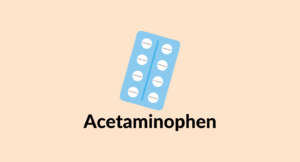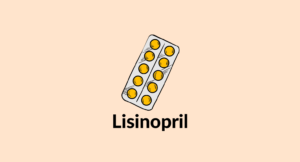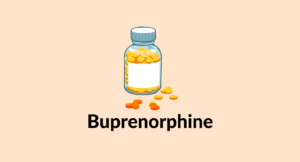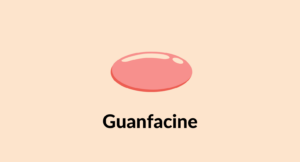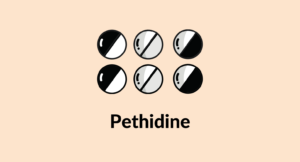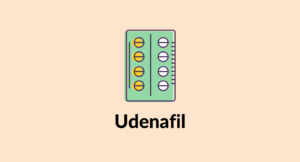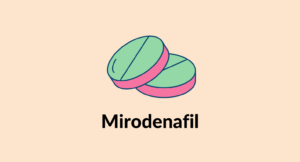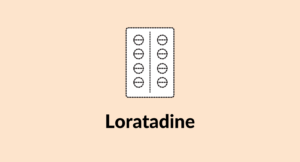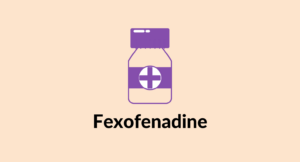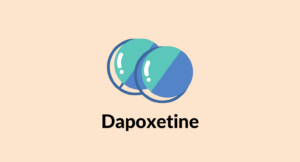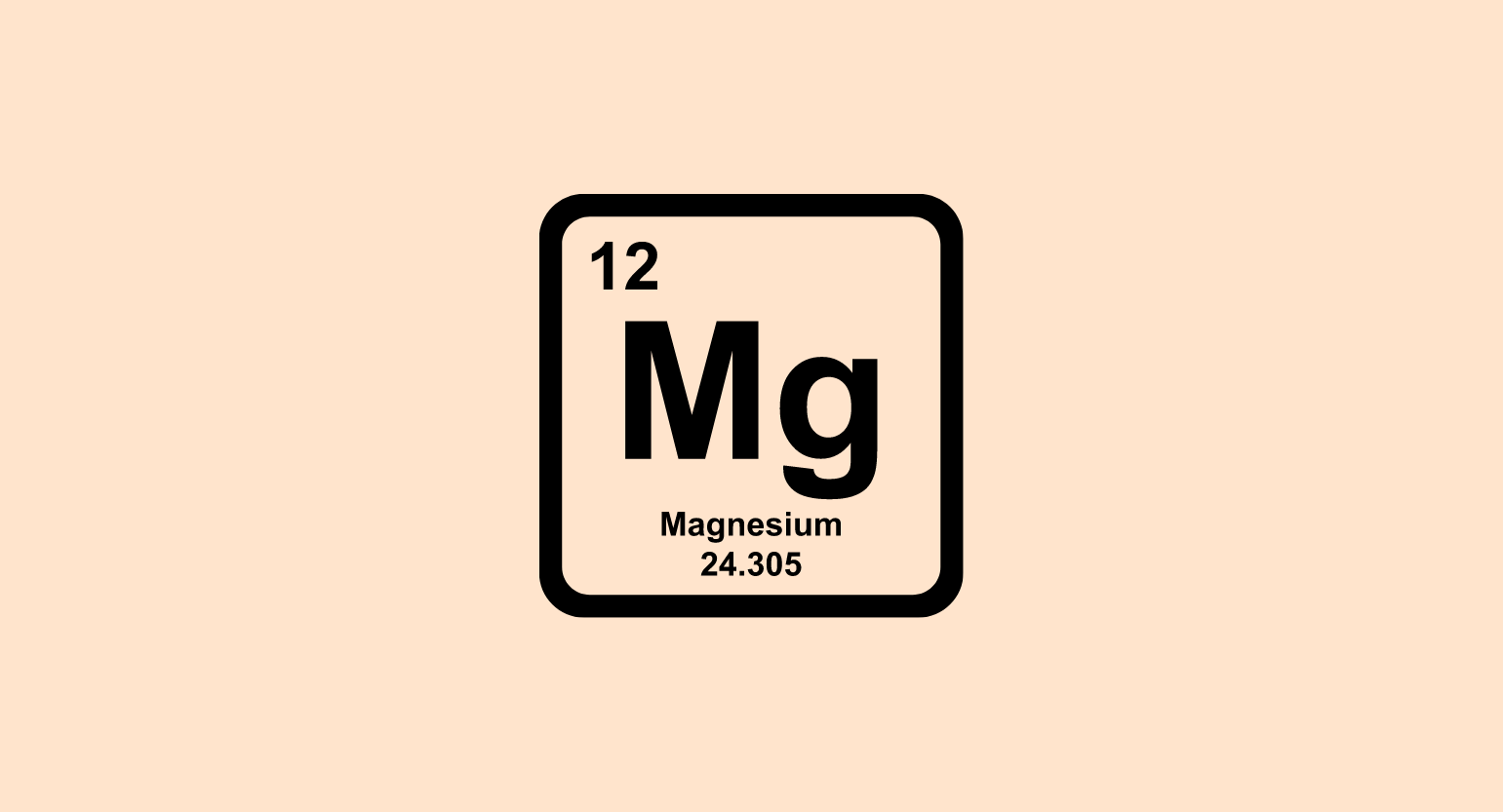
Does CBD Interact With Magnesium?
Information on risks & possible interactions between CBD & magnesium.
Cannabidiol or CBD is used in treating various conditions, including pain and inflammation. It’s been deemed safe for most illnesses.
Magnesium is a mineral supplement used for treating migraines, blood pressure, etc. It’s an essential mineral in the body.
Since both work very differently, there’s very little chance of these supplements interacting with each other. To date, there are no reported complaints about the effects of the interaction between CBD and magnesium.
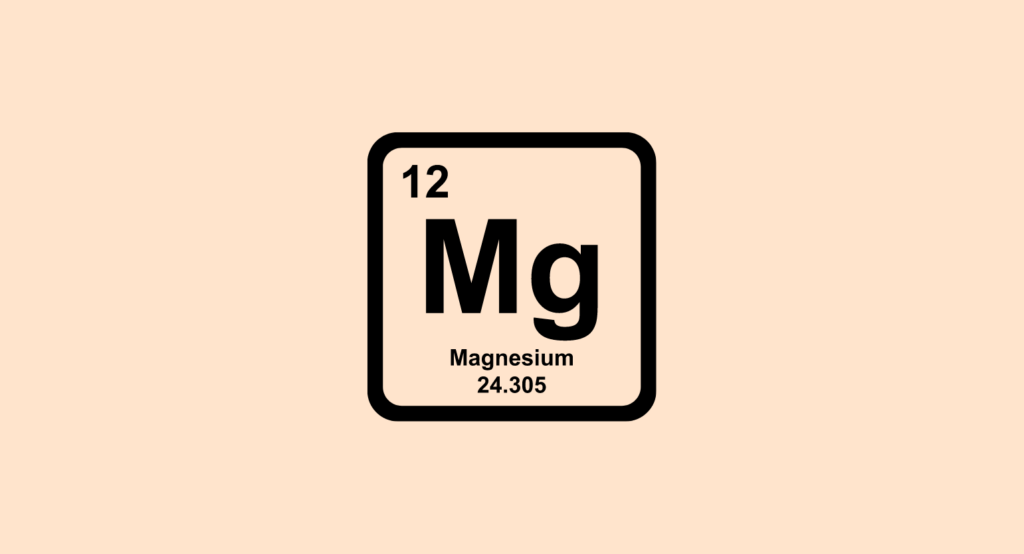
Does CBD Interact With Magnesium?
No, there have not been any documented reports about the side effects caused by taking both CBD and magnesium.
Magnesium may slow the absorption of CBD in the digestive tract, thus making it less effective.
To avoid this potential interaction, take magnesium supplements one or two hours apart from CBD supplements.
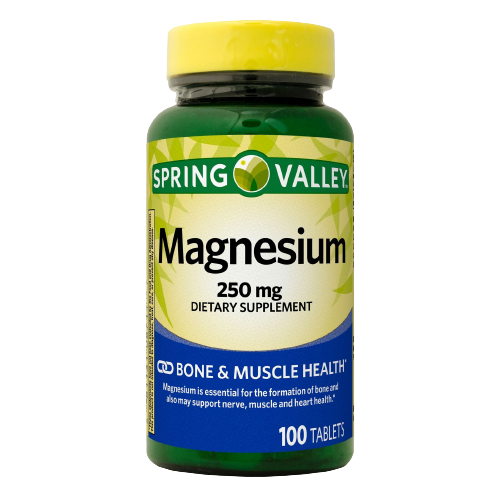
Is CBD a Viable Alternative to Magnesium?
CBD and magnesium are entirely different supplements. Magnesium is an essential mineral used in well over 300 enzymatic processes in the human body. CBD is a cannabinoid obtained from hemp that interacts with the endocannabinoid system.
You cannot use CBD as an alternative to magnesium for most applications.
However, CBD helps treat certain medical conditions that magnesium is used to treat.
If the cause of the condition is a magnesium deficiency, CBD will offer little benefit. But if the reason is something else, CBD may significantly help these conditions more than magnesium.
For this reason, it’s better to take both supplements for a more holistic effect than either one individually. Just make sure to separate the doses by about two hours to enable maximum absorption of both supplements.
Magnesium and CBD are commonly used for the following conditions:
1. Migraine Headaches
Magnesium is one of the most common supplements used for migraine headaches. Many people with migraines are deficient in magnesium; supplying supplemental magnesium can lower migraine headaches in patients [1].
CBD has also been proven effective for migraine sufferers and other forms of headaches, including hangovers and cluster headaches [2].
While it’s unlikely that CBD will reverse or prevent migraines directly, it may reduce the severity and duration and alleviate concomitant issues like vision disturbances, insomnia, and nausea or vomiting.
2. Depression & Anxiety
Magnesium levels are low in patients with major depression, so supplementing with it can lower the symptoms and help elevate mood in depressive patients [3].
CBD can work on the 5-HT1A neuro-receptors in the brain and works as an anxiolytic and antidepressant [4].
3. Cardiovascular Diseases
Magnesium can decrease the chances of getting a stroke, hypertension, ischemic and coronary heart diseases, and metabolic disorders [5].
A study about CBD showed that it might help reduce oxidative stress and reduce cardiac dysfunction [6]. Its anti-inflammatory properties may also help lower the risk of cardiac diseases.
4. Insomnia
Magnesium can help improve insomnia symptoms due to it regulating the neurotransmitters directly related to the brain [7].
CBD may improve sleep and be more tolerated than routine sleep medications [8].
5. Type II Diabetes
Magnesium plays a vital role in controlling the breakdown of sugar in the body. Having a good amount of magnesium in the diet may help prevent the development of type II diabetes [9].
CBD can offer metabolic support through its interaction with the endocannabinoid system [10]. The ECS is intimately involved with liver and pancreas health — both of which play a key role in the pathophysiology of diabetes.
6. Bone Health
A lack of magnesium in the body can further lead to osteoporosis in the body [11]. To prevent this, supplementing with magnesium is necessary. It’s one of the most commonly recommended supplements for menopausal women for this reason.
CBD can offer improvements towards bone health through its role in regulating the endocannabinoid system [12].
7. Seizures & Epilepsy
Magnesium sulfate, a compound containing magnesium, has been used in treating seizures caused by conditions of pregnancy like eclampsia [13]. It’s a common supplement in magnesium deficiency.
CBD-based medications, including Sativex and Epidiolex, are approved to treat multiple types of seizure disorders [14].
What Is Magnesium?
Magnesium is an essential macromineral obtained from different kinds of foods, supplements, and medications. It’s taken in conditions such as magnesium deficiency, heartburn, constipation, arrhythmias called Torsades de Pointes, pre-eclampsia, eclampsia, and more.
This mineral is a cofactor in more than 300 separate enzymatic reactions within the body. These reactions range from cellular replication to liver metabolism — and everything in between.
Magnesium plays the role of helping with the functioning of the muscles and nerves, controlling blood pressure, helping the immune system, bone formation, and so much more.
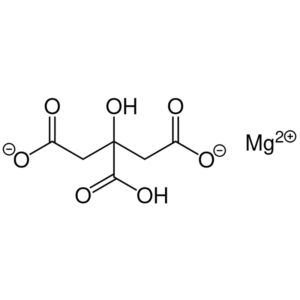
Magnesium Specs:
| Names | Magnesium, magnesium oxide, magnesium sulfate, magnesium carbonate, magnesium chloride, magnesium citrate, magnesium malate, magnesium sulfate |
| Classification | Essential Macromineral |
| Metabolism | Kidney, intestines |
| Interaction with CBD | Unknown, but likely no interaction |
| Risk of Interaction | Unknown, but likely low |
What Does Magnesium Do?
Magnesium is an essential cofactor needed in the operation of several bodily functions. It’s distributed between the bone, skeletal muscle, soft tissue, and extracellular fluids. The body regulates it through an interplay between intestinal absorption, absorption by the bone, and renal absorption or excretion.
Magnesium helps in ion transport and keeps the balance across cellular membranes. It competes in the calcium channels, affecting the uptake and release of calcium, and controls its metabolism.
It can stop the contraction caused by calcium in the smooth muscles and acetylcholine’s actions on the nerve and muscle junctions. This leads to the relaxing of the smooth muscles, which then helps to reduce spasms.
Magnesium assists more than 300 enzymes in carrying out different reactions in the body. It also acts as a cofactor for enzymatic actions in various activities. It helps build proteins, regulate blood sugar, build bones, control blood pressure and maintain muscle and nerve health.
It can help control the actions of N-methyl-D-aspartate (NMDA) glutamate receptors, the ones needed for memory forming and learning. An excess action of glutamate in the brain can cause seizures, anxiety, and depression. It blocks the action of glutamate in the NMDA receptors; thus, it may prevent or treat depression.
The deficiency of magnesium in the diet can cause several symptoms, such as numbness, tingling, muscle cramps, nausea, vomiting, and headaches.
Magnesium is used to treat migraines, acute nephritis, cardiac arrhythmias due to hypomagnesemia, seizures caused by eclampsia, as a laxative for constipation, and antacid for heartburn.
Side Effects of Magnesium
- Facial flushing
- Stomach upset
- Tingling sensation
- Nausea
- Vomiting
- Diarrhea
- Weakness
- Overactive reflexes
- Muscle depression
Types of Drug Interactions With CBD
Several studies have shown the efficacy of CBD in the treatment of many different diseases.
CBD, like most other drugs, can interact with other medications if taken together.
These effects happen due to the chemical nature of these medications. Thus taking other drugs with CBD must be supervised carefully as any interaction could lead to complications of various kinds.
There are three ways that CBD can interact with other drugs, including:
1. Agonistic Interaction
This interaction means that two medicines both show the same effect in the body. When consumed together, these medications may act on the same or different receptors. But they show effects in the same direction.
The medications that could bring about agonistic interaction on taking with CBD are:
- Antihypertensive Medications — These include ACE inhibitors, alpha-blockers, angiotensin II receptor blockers, beta-blockers, calcium channel blockers, central agonists, and diuretics. CBD can react with these causing a drop in blood pressure, dizziness, and fainting.
- Anti-anxiety medications — These include common prescriptions like benzodiazepines and barbiturates. CBD could make the effects of these medications last longer than normal.
- Antidiabetic medications — These include GLP-1 receptor agonists, meglitinides, SGLT-2 inhibitors, sulfonylureas, and insulin, alpha-glucosidase inhibitors, biguanides, DPP-4 inhibitors.
2. Antagonistic Interaction
This is the opposite of the agonistic interaction. Antagonistic interaction happens when two drugs have effects opposite of each other. If taken together, one drug would invalidate the effects of the other, leading to a decrease in its efficacy.
Drugs that have antagonistic interaction with CBD are:
- Stimulants — These include amphetamine, modafinil. CBD can negate the effects of these drugs.
- Immunomodulators — These include antihistamines like carbinoxamine, desloratadine, levocetirizine. The sedative action of CBD could worsen the side effects of immunomodulators.
- Immunosuppressants — These include azathioprine, mycophenolate cyclosporine, methotrexate, etc. CBD’s immune-stimulating properties may negate the effects of immunosuppressants.
- Asthma Medications — These include drugs like albuterol, fluticasone, montelukast, ipratropium bromide, theophylline. CBD may counteract the actions of these medications and can speed up theophylline’s excretion from the body.
3. Metabolic Inhibition
Some medications need similar enzymes to break down the drug molecules. It leads to both drugs competing against each other. It then causes a slowdown in the metabolism rate for both of them.
These include medications like:
- Blood Thinners — CBD could lead to an increase in the action of warfarin, enoxaparin, heparin, and others that could be potentially dangerous.
- NSAIDs — These include ibuprofen, naproxen, high-dose aspirin. CBD could cause these drugs to last longer in the bloodstream.
- Opiate Analgesics — These include morphine, codeine, and hydrocodone. CBD could compete with these in the liver leading to a chance of overdose.
- Antidepressants —These include trazodone, mirtazapine, vortioxetine, and vilazodone, and others. CBD could slow down their metabolism and lead to the buildup of these drugs in the body.

Key Takeaways: Is It Safe to Take Magnesium With CBD?
Magnesium and CBD work differently and, theoretically, should have minimal to no interactions between them.
However, there’s no reported documentation of the side effects by users who have used them together, and there is a lack of proper clinical trials and studies.
If you take regular magnesium supplements to treat a specific medical disorder, you should speak with your doctor before taking CBD.
If you’re using magnesium supplements as a general health-promoting supplement, there’s little to no risk of taking CBD alongside it. However, it’s best to take both supplements about two hours apart to ensure maximum absorption of both substances.
If you feel any adverse side effects after taking CBD and magnesium, stop taking them immediately. If symptoms persist, visit your physician.
References
- Yablon, L. A., & Mauskop, A. (2011). Magnesium in headache. Magnesium in the Central Nervous System. Adelaide (AU).
- Leimuranta, P., Khiroug, L., & Giniatullin, R. (2018). Emerging role of (endo) cannabinoids in migraine. Frontiers in pharmacology, 9, 420.
- Kirkland, A. E., Sarlo, G. L., & Holton, K. F. (2018). The role of magnesium in neurological disorders. Nutrients, 10(6), 730.
- R de Mello Schier, A., P de Oliveira Ribeiro, N., S Coutinho, D., Machado, S., Arias-Carrión, O., A Crippa, J., … & C Silva, A. (2014). Antidepressant-like and anxiolytic-like effects of cannabidiol: A chemical compound of Cannabis sativa. CNS & Neurological Disorders-Drug Targets (Formerly Current Drug Targets-CNS & Neurological Disorders), 13(6), 953-960.
- Rosique-Esteban, N., Guasch-Ferré, M., Hernández-Alonso, P., & Salas-Salvadó, J. (2018). Dietary magnesium and cardiovascular disease: a review with emphasis in epidemiological studies. Nutrients, 10(2), 168.
- Rajesh, M., Mukhopadhyay, P., Bátkai, S., Patel, V., Saito, K., Matsumoto, S., … & Pacher, P. (2010). Cannabidiol attenuates cardiac dysfunction, oxidative stress, fibrosis, and inflammatory and cell death signaling pathways in diabetic cardiomyopathy. Journal of the American College of Cardiology, 56(25), 2115-2125.
- Abbasi, B., Kimiagar, M., Sadeghniiat, K., Shirazi, M. M., Hedayati, M., & Rashidkhani, B. (2012). The effect of magnesium supplementation on primary insomnia in elderly: A double-blind placebo-controlled clinical trial. Journal of research in medical sciences: the official journal of Isfahan University of Medical Sciences, 17(12), 1161.
- Shannon, S., Lewis, N., Lee, H., & Hughes, S. (2019). Cannabidiol in anxiety and sleep: a large case series. The Permanente Journal, 23.
- Barbagallo, M., & Dominguez, L. J. (2015). Magnesium and type 2 diabetes. World journal of diabetes, 6(10), 1152.
- Jadoon, K. A., Ratcliffe, S. H., Barrett, D. A., Thomas, E. L., Stott, C., Bell, J. D., … & Tan, G. D. (2016). Efficacy and safety of cannabidiol and tetrahydrocannabivarin on glycemic and lipid parameters in patients with type 2 diabetes: a randomized, double-blind, placebo-controlled, parallel group pilot study. Diabetes Care, 39(10), 1777-1786.
- Castiglioni, S., Cazzaniga, A., Albisetti, W., & Maier, J. A. (2013). Magnesium and osteoporosis: current state of knowledge and future research directions. Nutrients, 5(8), 3022-3033.
- Kogan, N. M., Melamed, E., Wasserman, E., Raphael, B., Breuer, A., Stok, K. S., … & Bab, I. (2015). Cannabidiol, a major non‐psychotropic cannabis constituent enhances fracture healing and stimulates lysyl hydroxylase activity in osteoblasts. Journal of Bone and Mineral Research, 30(10), 1905-1913.
- Anthony, J., Johanson, R. B., & Duley, L. (1996). Role of magnesium sulfate in seizure prevention in patients with eclampsia and pre-eclampsia. Drug safety, 15(3), 188-199.
- Silvestro, S., Mammana, S., Cavalli, E., Bramanti, P., & Mazzon, E. (2019). Use of cannabidiol in the treatment of epilepsy: efficacy and security in clinical trials. Molecules, 24(8), 1459.
Signup to our newsletter
Be the first to know about our newest arrivals and special offers!
